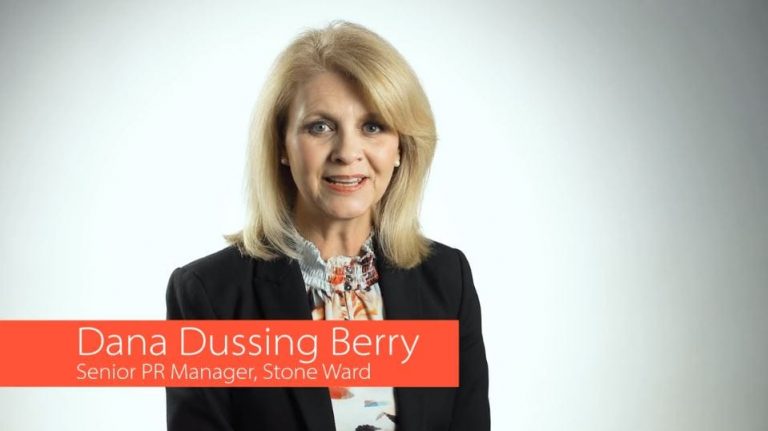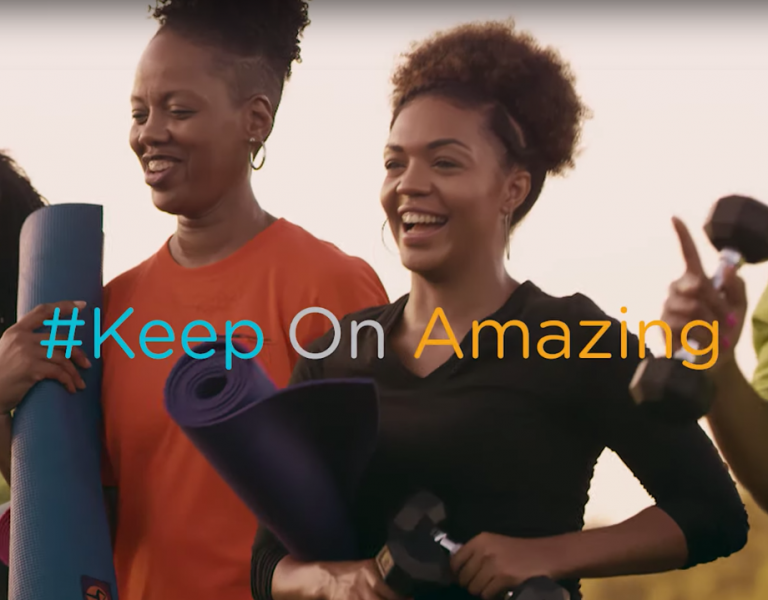So far at SXSW it’s difficult to say which line was longer: the line to see former Vice President Al Gore’s keynote or the line to have your picture taken with Grumpy Cat. I did not stand in Grumpy Cat’s line, but lots of people did, and I think it’s safe to say that Grumpy Cat disapproved of all of them.
Humor is the language of the web. In real life we don’t spend all that much time trying to make each other laugh, but on the web we’re all a bunch of comedians. Which is great, humor relieves stress and makes people happy. One of my afternoon sessions was a talk by Ben Huh of Cheezburger, a company devoted to “delivering 5 minutes of happiness every day.” So have they discovered what makes something “go viral?” Of course not, no one knows, but they ARE surprisingly adept at using data to discover what works and what doesn’t, so they can quickly change course and avoid mistakes if something isn’t connecting.
But what about brands and humor, is it to be avoided or embraced? This is what Ben Huh says: “If you aren’t using humor (as part of your online personality, you aren’t eating a balanced breakfast. The web will make fun of you, you have to be ready to make fun if yourself, too.” And it isn’t just telling jokes, humor requires deep honesty and a willingness to share things with your online followers. You don’t have to try and be funny all the time (nobody likes that guy) but to be hesitant of showing anything but your professional side just makes you appear untrustworthy and out of touch.
One common mistake that some brands make is the thinking that if they didn’t do it first, it can’t be funny, but that just isn’t true. The Chuck Norris persona led to the Most Interesting Man in the World persona, which then became the Old Spice guy. All of them are funny, and all of them have positive effects on their brands.
Another talk from Richard Clarke of Arsenal Football club described a way of looking at how to craft your brand’s online personality in a genuine way: adopt the personality of your followers. Shouldn’t be too hard, your core business is a common interest, right? Arsenal Media Group purposefully chose to adopt the voice of an “optimistic but realistic” fan of the club. The optimism obviously continues to generate fan enthusiasm while the realism helps keep them from sounding insincere. The alternative that many sports teams adopt is the authoritative and somewhat stuffy voice of the club’s management, but that doesn’t connect with fans. Fans can get their news from many sources, but where they feel most comfortable spending time is around voices they can share their highs and their lows with. (And there are plenty of both in English football.)
The “about us” paragraph from your brochure was not written in the language of the web. Memes are the language of the web. Try looking to the building blocks of Grumpy Cat as inspiration (imagery and personality) and NOW you’re speaking the right language to win your fans over.










